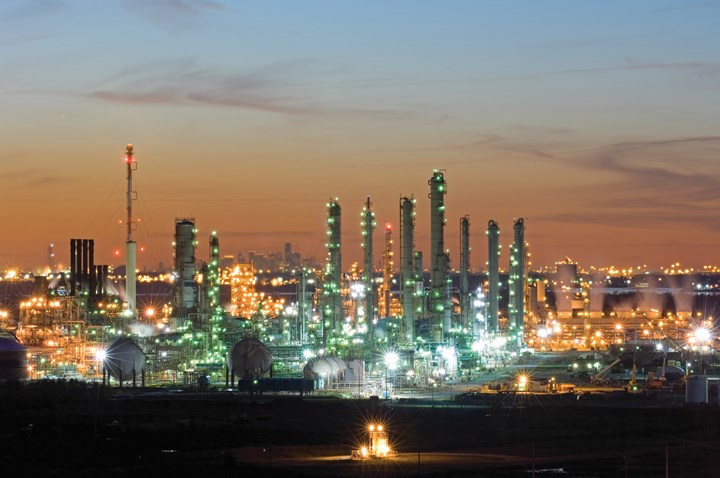ExxonMobil to Build its First Large-Scale Plastic Waste Advanced Recycling Facility
To be located at its Baytown, Texas site, the new facility is slated for startup by end of 2022.
The construction of the first, large-scale plastic waste advanced recycling facility planned by ExxonMobil will soon commence at its Baytown, Texas site. Startup of operations is slated by end of 2022.
As previously reported (PT, Sept. 2021, "Chemical Recycling Poised to Take Off”) the company had completed the initial phase of a plant trial of a proprietary chemical recycling process in Baytown, Tex., and has obtained certifications through the International Sustainability and Carbon Certification Plus (ISCC+) process. ISCC Plus is widely recognized by industry as an effective system to certify products that result from advanced recycling using mass balance attribution of plastic waste.

The smaller, temporary facility is currently producing commercial volumes of certified circular polymers that will be marketed by the end of this year to meet growing demand. Said president of ExxonMobil Chemical Karen McKee, “Availability of reliable advanced recycling capacity will play an important role in helping address plastic waste in the environment, and we are evaluating wide-scale deployment in other locations around the world.”
The new facility follows validation of ExxonMobil’s initial trial of its proprietary process for converting plastic waste into raw materials. To date, the trial has successfully recycled more than 2.2 million lb, the equivalent of 200 million grocery bags, and has demonstrated the capability of processing 33,000 lb per day. Upon completion of the large-scale facility, the operation in Baytown will be among North America’s largest plastic waste recycling facilities and will have an initial planned capacity to recycle 66 million lb of plastic waste per year. Operational capacity could be expanded quickly if effective policy and regulations that recognize the lifecycle benefits of advanced recycling are implemented for residential and industrial plastic waste collection and sorting systems.
ExxonMobil is developing plans to build approximately 1.1 billion lb of advanced recycling capacity globally over the next five years. In Europe, the company is collaborating with Plastic Energy on an advanced recycling plant in Notre Dame de Gravenchon, France, which is expected to process 55.1 million lb of plastic waste per year when it starts up in 2023, with the potential for further expansion to 72.7 million lb of annual capacity. The company is also assessing sites in the Netherlands, the U.S. Gulf Coast, Canada, and Singapore.
To help address the need for increased collection and sorting of plastic waste, ExxonMobil formed a joint venture with Agilyx Corporation, as previously reported, Known as Cyclyx International LLC, this entity is focused on developing innovative solutions for aggregating and pre-processing large volumes of plastic waste that can be converted into feedstocks for valuable products. Cyclyx will help supply ExxonMobil’s advanced recycling projects, and will aim to do the same for other customers. ExxonMobil is a founding member of the Alliance to End Plastic Waste, which is focused on accelerating investment in safe, scalable and economically viable solutions to help address the challenge of plastic waste in the environment through a portfolio of projects that has grown to more than 30 ongoing projects across several countries.
Related Content
-
Advanced Biobased Materials Company PlantSwitch Gets Support for Commercialization
With participation from venture investment firm NexPoint Capital, PlantSwitch closes it $8M bridge financing round.
-
Polymer Science for Those Who Work With Plastics: Why Entanglements — Not Just Molecular Weight — Drive Plastic Performance
Ever try running your fingers through tangled hair? Yeah … that’s not fun, but that’s what happens at the molecular level when polymer chains reach the right length. They wrap around each other, intertwine and … get stuck — and those tangles are the real reason plastics perform the way they do.
-
The Fantasy and Reality of Raw Material Shelf Life: Part 2
For the vast majority of thermoplastics, the stability of the materials can be stated in years, not months. But there are exceptions where shelf life can be a serious issue.






